Financial planning :
Budget and financial planning are closely linked but are different tools.
After setting your financial goals, you can address the issue of financial planning.
Financial planning is really the implementation of an action plan to achieve the financial goals that you have set for yourself.
To illustrate this, let’s take the example of the goal of buying your main residence in 3 years with the acquisition costs and a 10% deposit. The cost of this home will be €200,000. In Belgium, you have to count on around €40,000 in so-called “notary” fees (registration fees, mortgage fees, administrative fees, etc.). And if we add the 10% deposit, we arrive at an amount of €60,000. You will therefore have to save €60,000 in 3 years. Either starting with 20,000/year, or dividing it differently. The strategy to implement in your financial plan could simply be to save on your income, but it could also be the creation of additional income within 3 years, a reduction in expenses, the identification of possible future income during this period, etc.
We can clearly see that once the financial objective has been set, establishing a concrete financial plan allows you to take action and know what needs to be put in place to achieve this objective.
A financial plan therefore goes further than a budget:
- A budget is limited to comparing income and expenses, and highlighting whether there is a surplus or on the contrary a deficit; And you have to analyze where these differences come from. These highlight the unforeseen events or the lack of knowledge that you have about “where your money is going?”
- For the budget, we will be on a monthly, quarterly and annual vision. On the other hand, when we talk about financial planning, we are talking about the medium to long term. The financial plan serves as a compass to achieve the financial objective that we have set for ourselves.
– Debt/over-indebtedness :
We will now address two key concepts in personal finance: namely the notions of debt and over-indebtedness.
– Debt :
We are obviously talking about private debt (and not that of States or companies). Private debt concerns the debt of an individual and their household.
There is debt when a person uses credit to finance a purchase or a project. An indebted person is a debtor, that is to say, they owe a sum of money to the person who lent them. Also in debt is a person who has not paid all of their due charges on the due date: energy bill, rent, taxes, alimony, etc. The debt situation is cleared when all credits are repaid and all charges paid on time.
An individual generally takes out a loan to buy consumer goods, everyday items, a home or to meet personal needs.
A household can be in debt because it has borrowed money. If it has the ability to repay it without any problem, debt is just a way to acquire a valuable asset - – Over-indebtedness :
But if the individual or household can no longer pay their bills and repay their credits due to insufficient income, there is over-indebtedness.
In other words, there is over-indebtedness when the household or person is clearly unable to meet all of their non-professional debts due and payable. This may be the inability to pay your current expenses (water, electricity, rent, etc.) and/or your monthly credit payments.
To deal with the scourge of over-indebtedness.
If after reading this article you realize that you are in this situation of over-indebtedness, we invite you to turn to professionals who can help you get through the administrative and legal procedures to get out of this situation. Because setting up a budget and a financial plan may not be enough to get out of this situation.
– Assets/Liabilities :
Let’s now move on to the concepts of assets and liabilities, we’ll go quickly because we’ve already repeated it quite a bit but it’s a really key concept: - an asset increases your income, brings money into your pocket.
It therefore has value and/or earns you money because it generates income and/or a cash flow;
Example of assets: a rented apartment, dividend-paying stocks, a patent, a rented car, etc. - a liability takes money out of your pocket and causes you expenses;
Example of liabilities: your car, your second home, clothes and objects purchased regularly that don’t bring us anything, etc.

